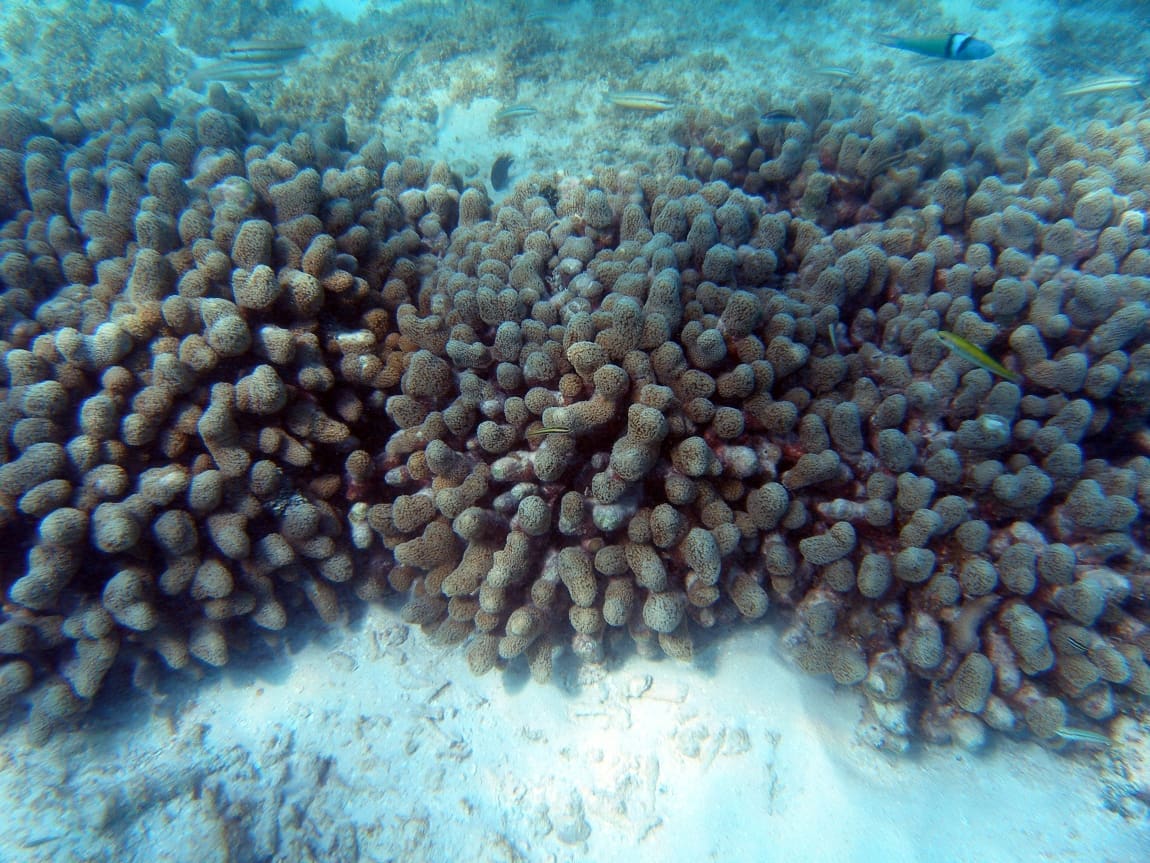By Rensselaer Polytechnic Institute
Oxygen is a fundamental requirement of life, and the loss of oxygen in water, referred to as aquatic deoxygenation, is a threat to life at all levels. In fact, in a research recently published in Nature Ecology and Evolution, Rensselaer Polytechnic Institute’s Associate Professor Kevin Rose, Ph.D. and his collaborators describe how ongoing deoxygenation presents a major threat to the stability of the planet as a whole.
Previous research has identified a suite of global scale processes, referred to as Planetary Boundaries, that regulate the overall habitability and stability of the planet. These processes include things such as climate change, land use change, and biodiversity loss. It has been argued that if critical thresholds in these processes are passed, then major ecological, economic, and social challenges are likely to result. Importantly, Rose and collaborators argue that aquatic deoxygenation both responds to, and regulates, other Planetary Boundary processes.
“It’s important that aquatic deoxygenation be added to the list of Planetary Boundaries,” said Rose. “This will help support and focus global monitoring, research, and policy efforts to help our aquatic ecosystems and, in turn, society at large.”
Across all aquatic ecosystems, from streams and rivers, lakes, reservoirs, and ponds to estuaries, coasts, and the open ocean, dissolved oxygen (DO) concentrations have rapidly and substantially declined in recent decades. Lakes and reservoirs have experienced oxygen losses of 5.5% and 18.6% respectively since 1980.
The oceans have experienced oxygen losses of around 2% since 1960 and, although that number is smaller, it represents a more geographically and volumetrically extensive mass.
Marine ecosystems have also experienced substantial variability in oxygen depletion. For example, the midwaters off of Central California have lost 40% of their oxygen in the last few decades. The volumes of aquatic ecosystems affected by oxygen depletion have increased dramatically across all types.
“Aquatic deoxygenation is closely linked to changes in climate and land use,” said Rose. “It is caused by decreases in the solubility of oxygen in water resulting from increasing temperatures, reduced deep-water ventilation due to stronger and longer stratification, and increases in oxygen-consuming respiration linked to both elevated temperature and enhanced inputs of nutrients and organic matter. Global warming and pollutants are disrupting biogeochemical processes in aquatic ecosystems and it is adversely affecting both freshwater and marine organisms.”
Species experience physiological effects and entire food-webs can be transformed when deoxygenation occurs. Individual organisms often experience reduced sensory abilities, growth, body size, and reproduction. Low oxygen can also lead to widespread death and ecological impairment.
Aquatic habitats with low oxygen levels are commonly referred to as “dead zones” because of their loss of life, which threatens ecosystem services like fishing, aquaculture, tourism, and cultural practices. Deoxygenation can also induce aquatic ecosystems to transition to alternative and undesirable states, characterized by harmful algal blooms and widespread anoxia, or lack of oxygen.
“We are approaching critical thresholds of aquatic deoxygenation that will ultimately affect several other Planetary Boundaries,” said Rose, “DO regulates the role of marine and freshwater in modulating Earth’s climate. Improving DO concentrations depends on addressing the root causes, including climate warming and runoff from developed landscapes. Failure to address aquatic deoxygenation will, ultimately, not only affect ecosystems but also economic activity, and society at a global level.”
“Aquatic deoxygenation trends represent a clear warning and call to action that should inspire changes to slow or even mitigate this Planetary Boundary,” said Curt Breneman, Ph.D., Dean of Rensselaer’s School of Science. “Professor Rose’s work will pave the way for further research and open the door to new regulatory actions.”
Rose was joined in research by Erica M. Ferrer of the University of California Santa Cruz and University of California San Diego, Stephen R. Carpenter of University of Wisconsin, Sean Crowe of University of British Columbia, Sarah C. Donelan of University of Massachusetts Dartmouth, Véronique C. Garçon Laboratoire d’Etudes en Géophysique et Océanographie Spatiales and Institut de Physique du Globe, Marilaure Grégoire of University of Liège, Stephen F. Jane of Cornell University and University of Notre Dame, Peter R. Leavitt of University of Regina, Lisa A. Levin of University of California San Diego, Andreas Oschlies of University of Wisconsin and GEOMAR Helmholtz-Centre for Ocean Research, and Denise Breitburg of the Smithsonian Environmental Research Center.
More information: Rose, K.C., Ferrer, E.M., Carpenter, S.R. et al. ‘Aquatic deoxygenation as a planetary boundary and key regulator of Earth system stability’, Nature Ecology & Evolution (2024); DOI: 10.1038/s41559-024-02448-y | Rensselaer Press Release / Material. Featured image credit: NOAA | Unsplash




